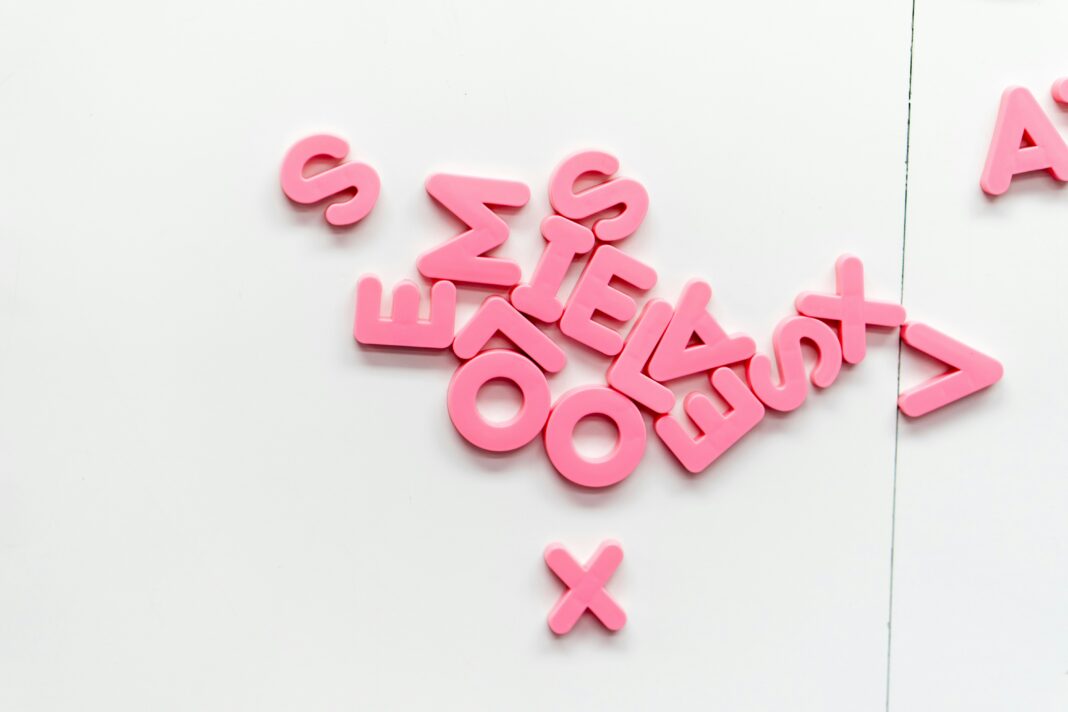Not everybody’s poly… glot. But learning a few words in the language of the place you’re visiting can help you, uh, get to know the locals better. Even if your pronunciation is wrong, giving it a try can earn you some points. Here are 14 flirty phrases you can practice with before moving into nonverbal communication.
Bist du schwul? German. This is pretty straightforward: “Are you gay?” But watch your pronunciation because “Bist du schwül?” means “Are you sultry?” or “Are you hot and humid?” It’s kinda “wool” versus “stool.” The correlation between “hot” and “gay” continues with the derogatory (and antiquated) “warmer” and “warme brüder” (warm person, warm brothers).
C’est juste un plan cul. France French. How you might describe a no-nonsense hookup. “It’s just a booty call.” “Plan soft” is more over-the-clothes stuff, while “plan suce” means just oral.
Chob lang too mai? Thai. Literally, “Do you like cleaning the fridge?” It’s basically, “Do you rim?” Pairs nicely with “Kor rad nha dai?” which means “Can I cum on your face?”
Jotar. Mexican Spanish. Mexicans love to twist words with little variations. The gay slur “joto” can be twisted into a joke verb, “jotar,” which means to camp it up, to be swish. You could do this in a jotaria, which might be a house of ill repute—or a party full of gay men.
Kǒu jiāo. Chinese. The expression “mouth exchange” should lead you to expect mutual oral sex. Write it like this: 口交.
M’a venir balls. Quebecois French. North America’s largest French-speaking jurisdiction has a tendency to throw English words into its idioms. “I’m gonna cum.”
Off: fariam? Portuguese. The “off” comes from English, as in, “Let’s talk about something off topic.” So a topic that’s irreverent, naughty, off the record, as discussed online or in an app. The “fariam” literally means “Would you?” with an implied “do them?” Use for checking someone’s sexual tastes. “Off: fariam Henry Cavill?”
Portuguesa daw siya. Beki in the Philippines. The gay subcultural dialect of Tagalog known as Beki is so robust, playful and widely used, the expressions pepper even the conversations of straight people. This expression speculates on whether a woman is a lesbian. The word “Portuguesa” refers to what you think it does, apparently ’cause “lesbian” sounds like “Lisbon,” which is the capital of Portugal. Pair it with “char,” or “just kidding.”
Que chimba. Colombian Spanish. Though “chimba” is derived from slang for female genitalia, it’s frequently said—perhaps moaned or shouted—during gay sex. In context, it means, “amazing,” “wow” or “hot.” The fact that it’s kinda crass makes it hotter. Pair it with “parce,” which has a similar meaning to “dude” or “bro.”
Saheli. Hindi. Also “akhi,” “dost” and “saathin.” The first three are versions of “friend,” which can imply more than just friendship if used in the right context. “Saathin” is more serious, meaning “soulmate.” Compared to English, there are fewer Hindi gay slang words that directly reference sexual acts.
Scopare. Italian. Literally, “to sweep” as in “sweep the floors.” But the innocent expression is adapted to mean “to poke” at someone—that is, to play a joke on them. It also references another kind of poking.
Tachi. Japanese. The verb “tatsu” means “to stand,” so the noun for something that stands up is “tachi.” So a top is stereotyped to be the one who stands during sex. “Ukemi” is the bottom or the one who receives.
Twinkki. Finnish. Many gay slang terms in Finnish, especially as they are used in hookup culture, are taken from English. “Twink” is “twink” on the apps. Spoken aloud, they are made easier for a Finnish person to pronounce: twinkki, toppi anaali.
Une bouche de métro. France French. Literally “subway entrance,” which is a very busy place with many people passing through. Not unlike someone who is very promiscuous.
Hat tip to Reddit’s askgaybros community for many of these expressions.


